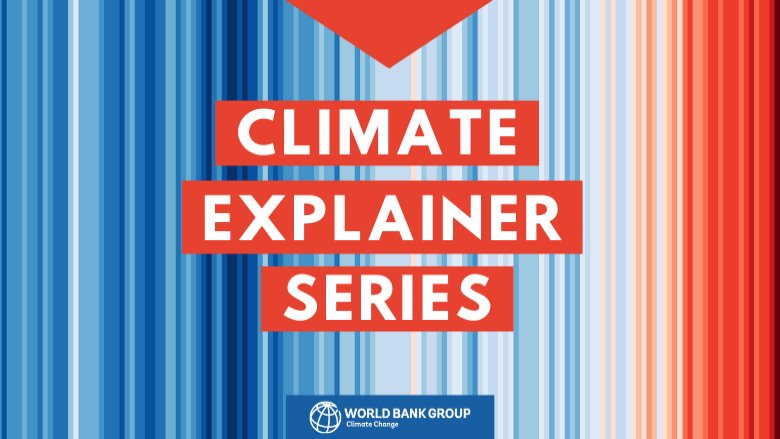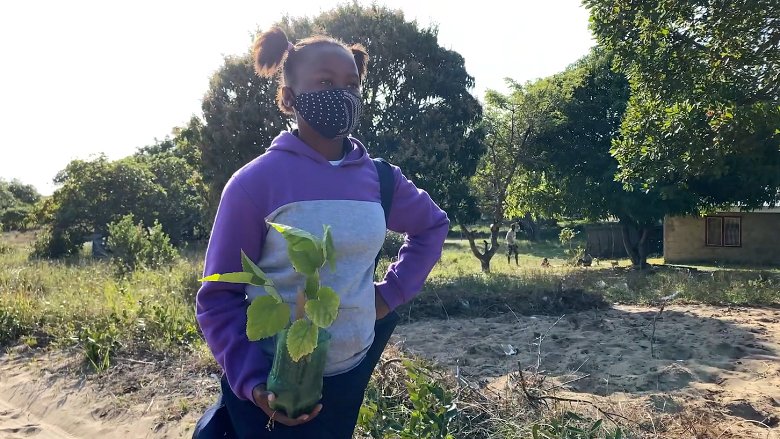What is social inclusion and why is it important to emissions reductions efforts?
People are at the heart of all emissions reduction programs. Communities, companies, government, and other stakeholder groups do the work of reducing emissions by sustainably managing land and natural resources, adopting clean energy sources, and engaging in other low carbon approaches and technologies. World Bank results-based climate finance provides incentives for this action by not only paying for the carbon credits achieved, but also requiring payments be shared among all participants in a fair and socially inclusive manner. It is vital that everyone who has a stake in the process is included, can fully participate, and reap the rewards.
Disadvantaged groups, such as women and youth, and marginalized communities, such as Indigenous Peoples, are important contributors, but biased legal systems, discrimination, and stigmatizing beliefs or perceptions can limit their participation. Social inclusion seeks to improve the ability of people disadvantaged on the basis of their identity to take part in society. For emissions reductions programs, that means working to identify and overcome barriers to participation to promote equality, enrich activities, and ensure all program participants are fairly recognized and rewarded for their efforts in reducing emissions.
The World Bank focuses on social inclusion at every stage of result-based climate finance programming — from up-front engagement and investment in communities to enable their participation in emissions reduction activities, to the design and implementation of benefit sharing plans that guide the distribution of results-based payments. These plans are created through extensive stakeholder engagement and are important contracts for guaranteeing access to program activities and resulting benefits for historically marginalized communities and disadvantaged, and vulnerable groups.
For example, Mozambique’s program is supported by an emissions reduction payment agreement (ERPA) with the World Bank’s Forest Carbon Partnership Facility (FCPF). Integrated in the ERPA is a benefit sharing plan that allocates 70% of results-based payments to local communities engaged in sustainable land use practices to lower deforestation and associated carbon emissions. Women and youth are expected to represent at least half of total beneficiaries.
The World Bank focuses on social inclusion at every stage of result-based climate finance programming — from up-front engagement and investment in communities to enable their participation in emissions reduction activities, to the design and implementation of benefit sharing plans that guide the distribution of results-based payments.


